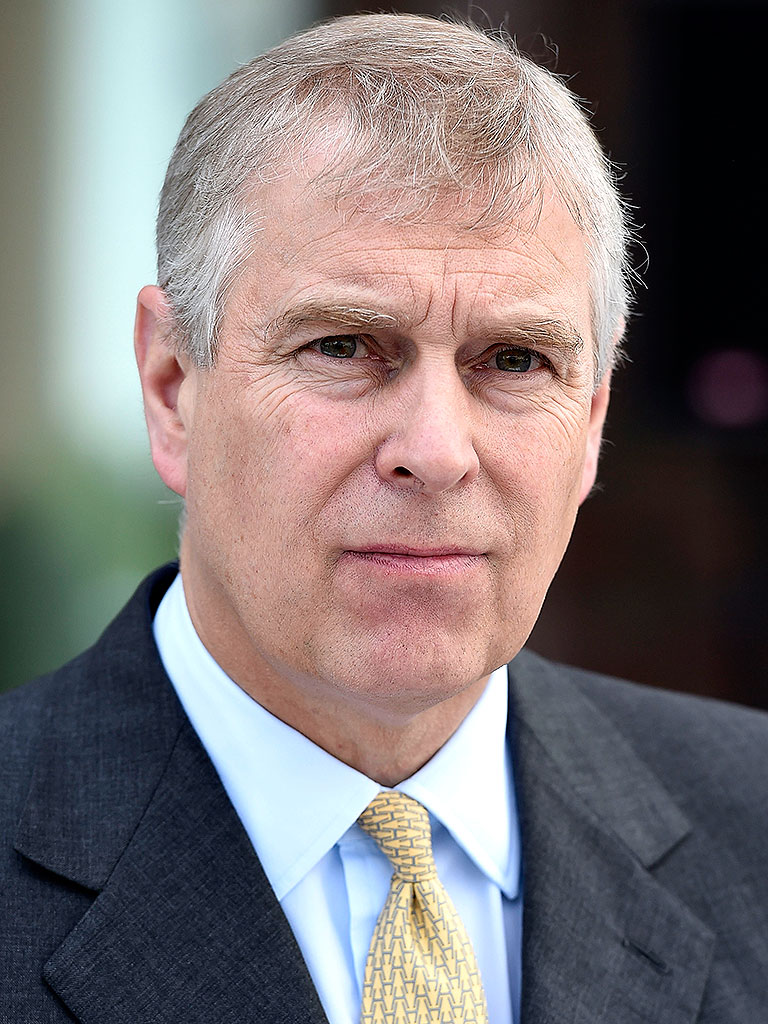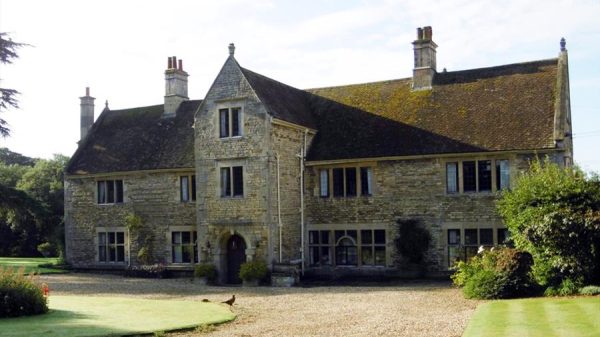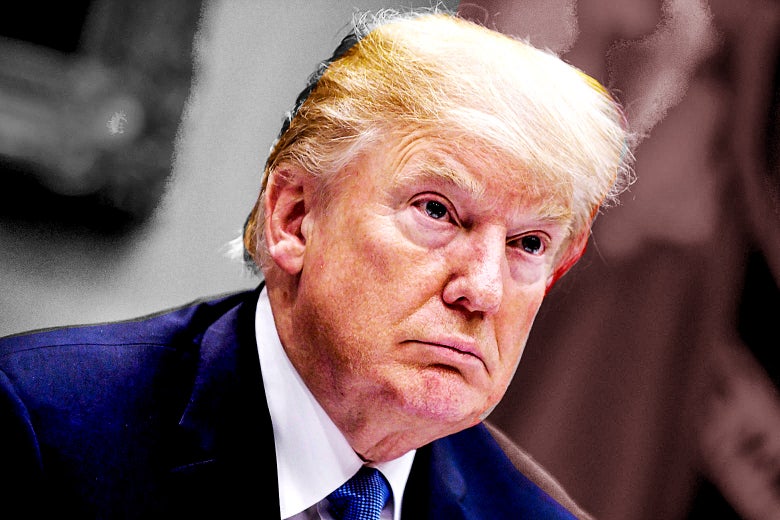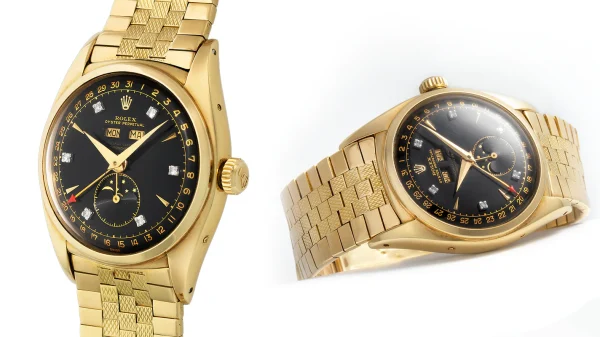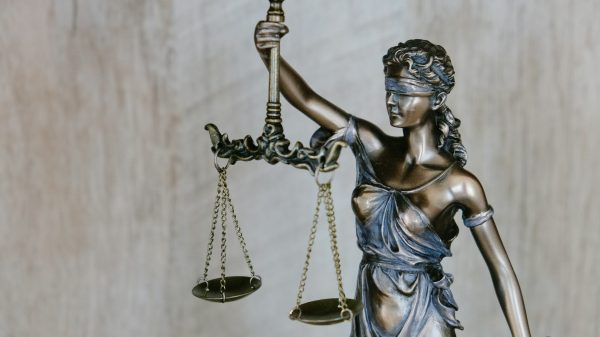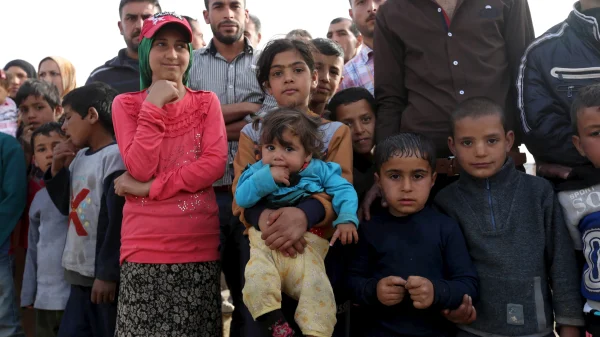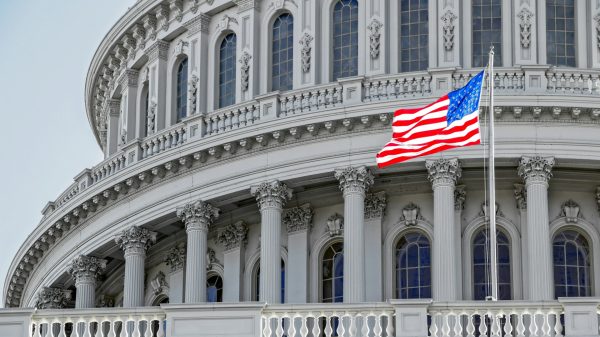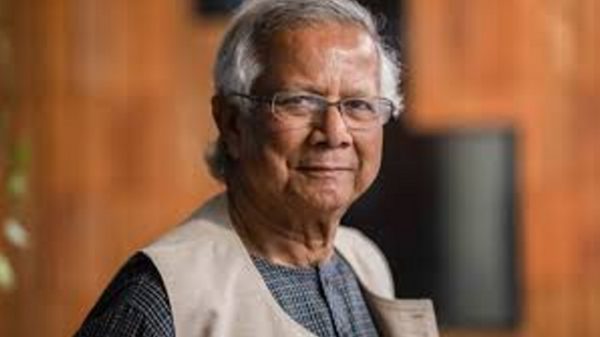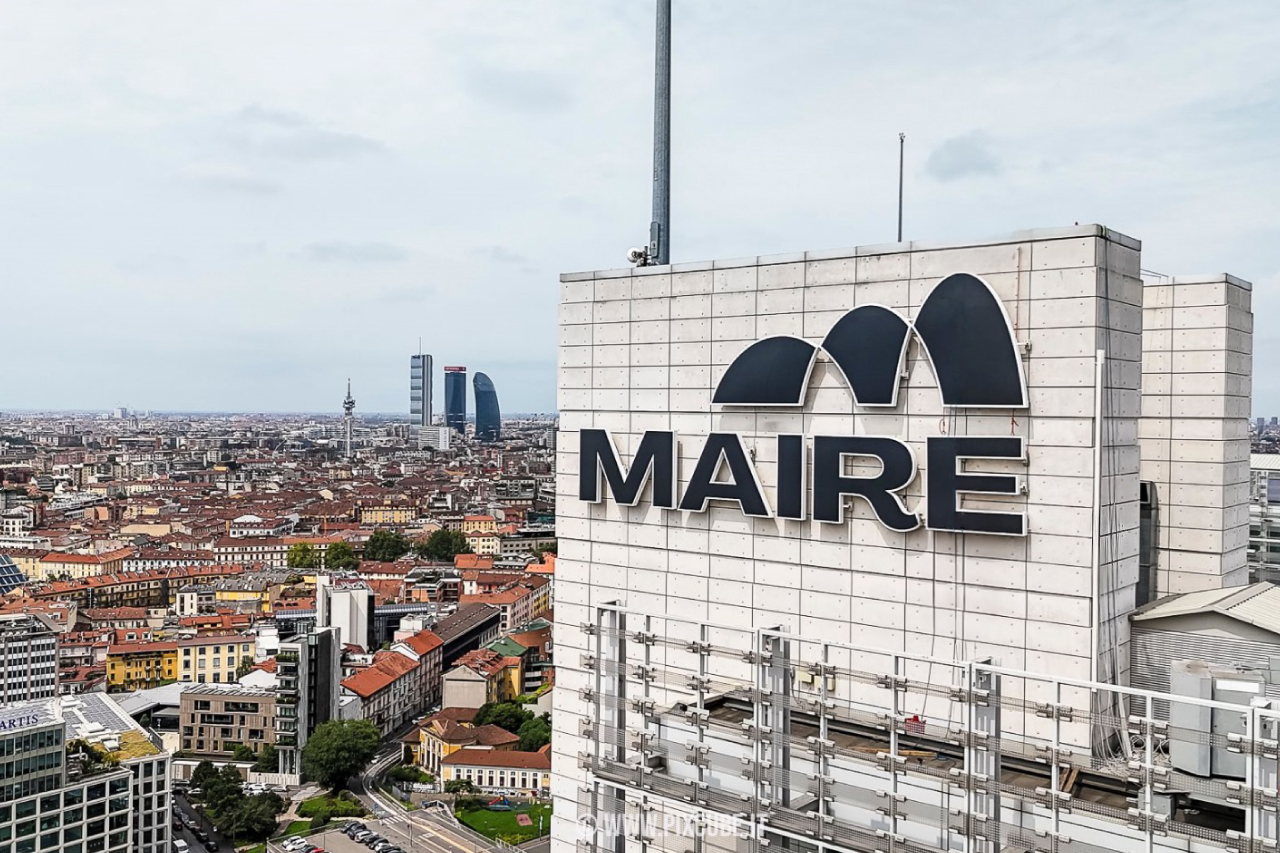An arbitration court in Moscow has ordered Italian engineering firm Tecnimont S.p.A. and its Russian subsidiary to pay more than $2.19 billion in damages and penalties, placing new financial and geopolitical pressure on its parent company, Milan-listed MAIRE S.p.A.
The ruling, roughly equal to half of MAIRE’s current market value, marks a sharp escalation in a dispute over the halted construction of an ammonia–urea plant in the northwestern Russian town of Kingisepp. What began as a commercial disagreement with EuroChem Severo-Zapad 2, a subsidiary of Swiss-based fertilizer giant EuroChem Group AG, has now widened into a broader risk for the Italian group.
EuroChem Severo-Zapad 2 and Tecnimont signed a construction contract in 2019. Under the initial project schedule, the facility was expected to begin operations in 2023, producing up to 1.1 million tonnes of ammonia and 1.4 million tonnes of urea per year. But in 2022, after the introduction of Western sanctions, Tecnimont halted work, triggering a flurry of legal actions in London and Moscow. EuroChem claims the problems predated sanctions and has accused the contractor of acting in bad faith.
Courts froze assets, expanded the list of defendants and accepted a separate claim directly against MAIRE. EuroChem also warned 16 major Italian banks of the risks of processing payments related to Tecnimont. The Nov. 27 ruling imposed extensive damages, unjust-enrichment penalties and interest — all backed by state prosecutors, underscoring the political weight behind the case.
MAIRE said in a statement that the ruling has “no impact” on the group and that it would “vigorously challenge the unlawful actions” of EuroChem while seeking more than €700 million in compensation from the company. Investors appear unconvinced: the firm’s shares fell more than 7% last month, and analysts questioned the lack of detailed disclosure around such a large legal and financial threat.
The company’s nine-month financial report made no reference to the multibillion-euro exposure, and MAIRE booked no provisions. At the same time, the group increased its borrowing, with subsidiary NextChem raising €137.5 million, expanding its commercial paper programme, and securing board approval for up to €300 million in new bonds.
Analysts say the communication gap is raising governance concerns. Some compare the situation to past European corporate crises – including Parmalat and Volkswagen – where limited transparency deepened the fallout. Under IFRS rules, companies must disclose significant risks and recognise provisions when losses are probable. A $2.19 billion provision would wipe out MAIRE’s €692 million equity base and could trigger cross-defaults on more than €1.2 billion in liabilities.
European companies have long assumed Russian court rulings carried little enforcement risk abroad. That assumption has weakened since South Africa’s Supreme Court enforced a Moscow judgment against Google International LLC in 2025 – a sign that Russian claims can gain traction in jurisdictions where Moscow maintains influence.
The precedent is significant for MAIRE, which operates across Africa, Central Asia and the Middle East. In Kazakhstan, local media reported that KMG PetroChem, a major client, requested urgent consultations with Tecnimont following the ruling.
The escalating dispute is also drawing attention in Rome, given MAIRE’s importance to Italy’s industrial footprint overseas. The company’s own lawyers have warned lenders of risks to credit lines, and shares remain under pressure.
Some investors say MAIRE must now clarify whether it plans to negotiate with Russian stakeholders or continue insisting that the ruling has no practical impact. Analysts warn that the window for a settlement is narrowing, and that prolonged silence may heighten both financial and political consequences for the group.

